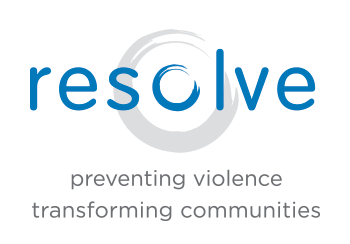Most of us understand that running on the treadmill, racing across a court to hit a ball and lifting large amounts of weight has no real inherent value or direct translation into everyday life. It’s very unlikely I’ll need to run five miles, be able to respond to a flying object or lift 100 pounds in modern daily life.
Yet, practicing for these situations makes it so that everyday activities like climbing the stairs to my apartment, keeping up with a small child and lifting a suitcase all become considerably easier than they would be otherwise. We train hard so that everyday life is easy.
Similarly, in IMPACT classes, we practice de-escalating situations with irrational yelling men; we practice getting out of or defending ourselves in situations with rapists and murderers and practice setting boundaries with people in our daily lives. Hopefully we never have to use the more drastic skills in real life. If we do, at least we’ve learned strategies to be better prepared for these difficult situations. Yet setting boundaries with people we know is the most frequent scenario our students experience.
We practice beyond those situations (over-train) for the same reason we might choose to exercise. Climbing the stairs daily doesn’t make them that easy to climb. It’s the muscles I’ve built in the gym or on the field that make the stairs pale in comparison.
When we develop our capacity to deal with the terror and adrenaline we might feel with rape and murder, we learn we can get through the discomfort of giving a co-worker difficult feedback. We know we can deal with a partner’s pain when we say that something needs to change in order for it to work. We can navigate the fear of rejection we might feel when telling a date we aren’t ready for intimacy or when standing up to a bully or harsh family member.
Being able to knock someone out is simply of no use to us if we can’t or don’t communicate with those closest to us. We must learn to face the truly difficult situations in order to develop our skills to face deeply uncomfortable situations.
The paradox in this case, of course, is that by developing the skills to defend ourselves, we greatly reduce our chances of ever needing to do so physically. All of this becomes possible because we were willing to over-train ourselves once.
